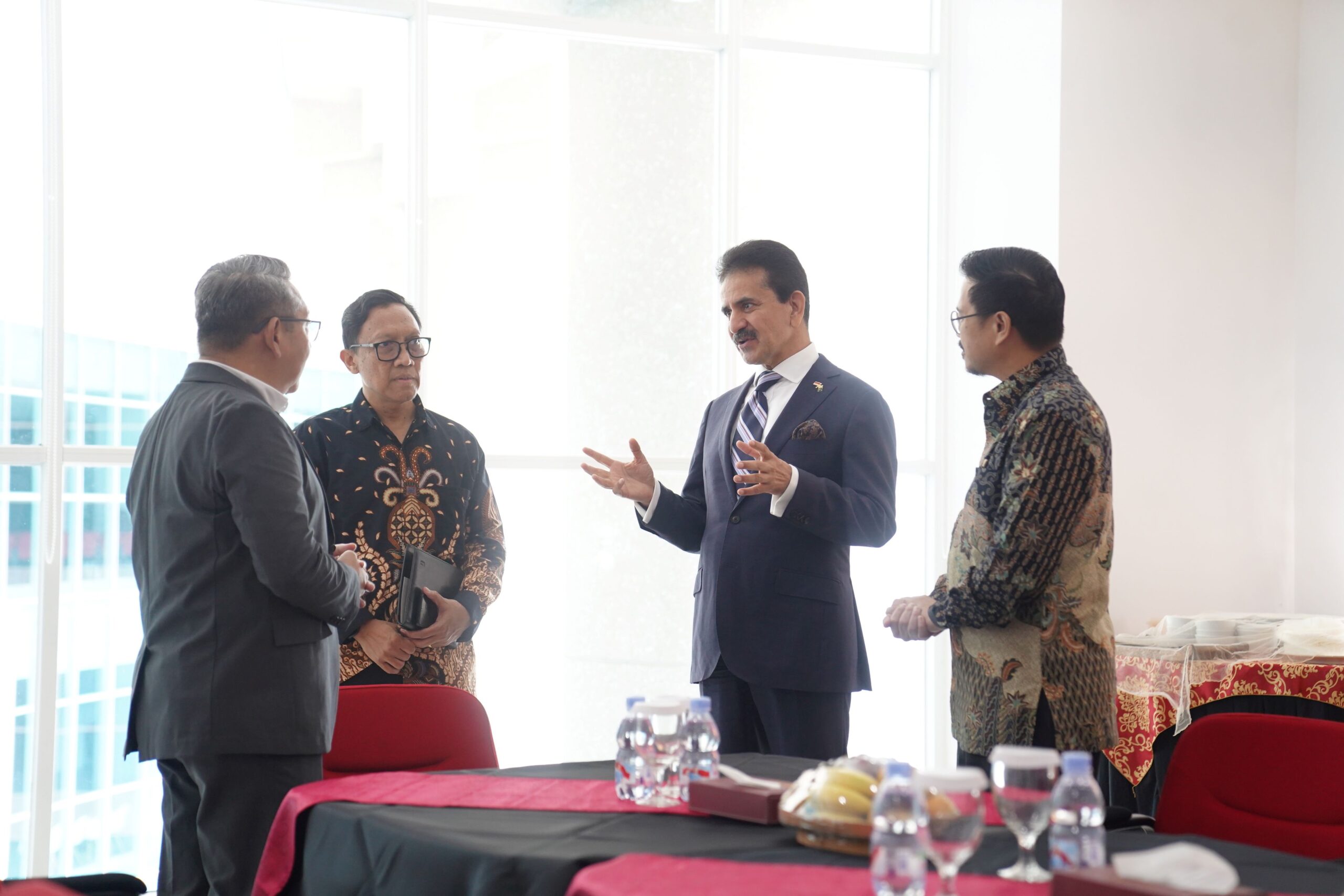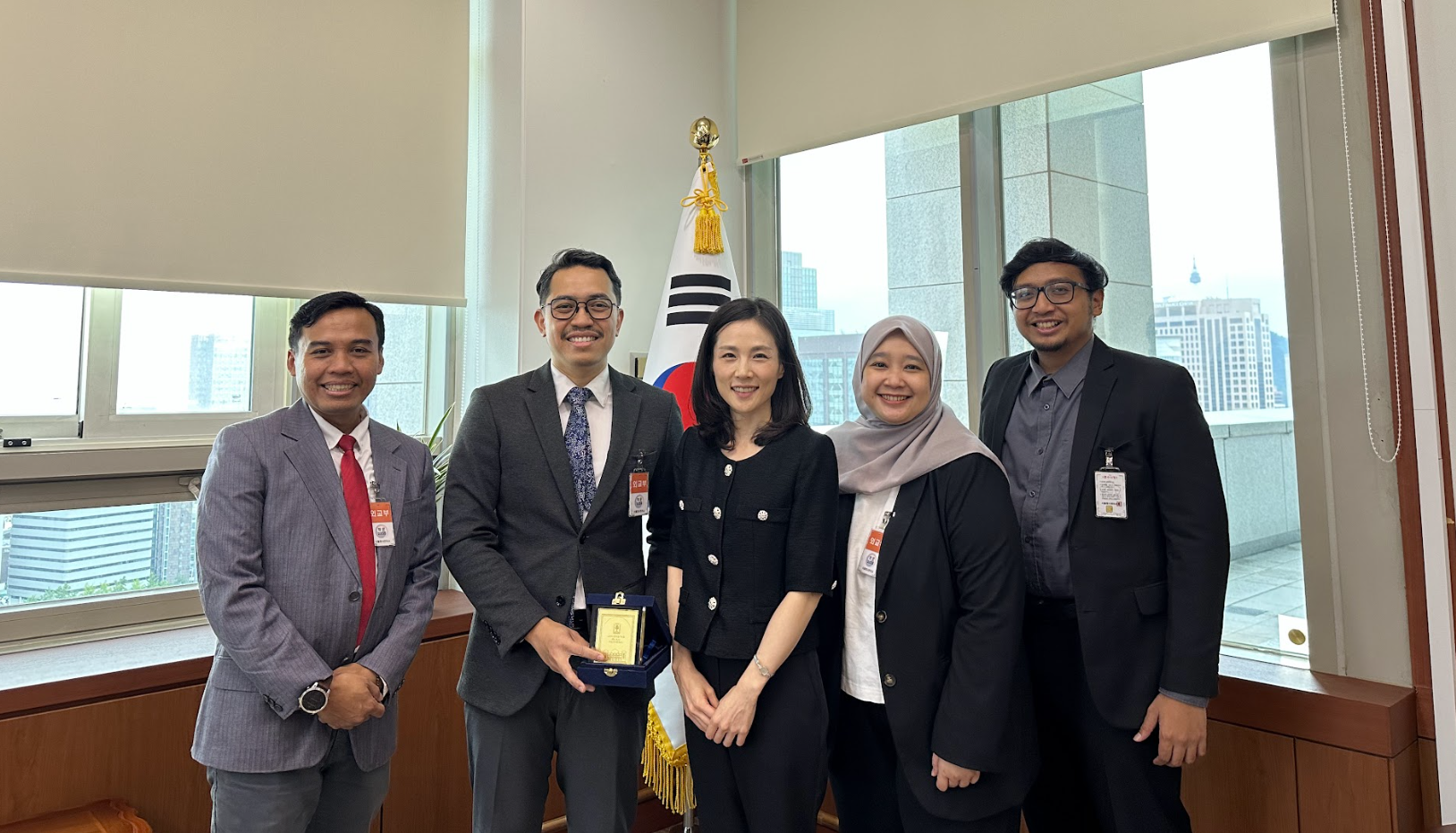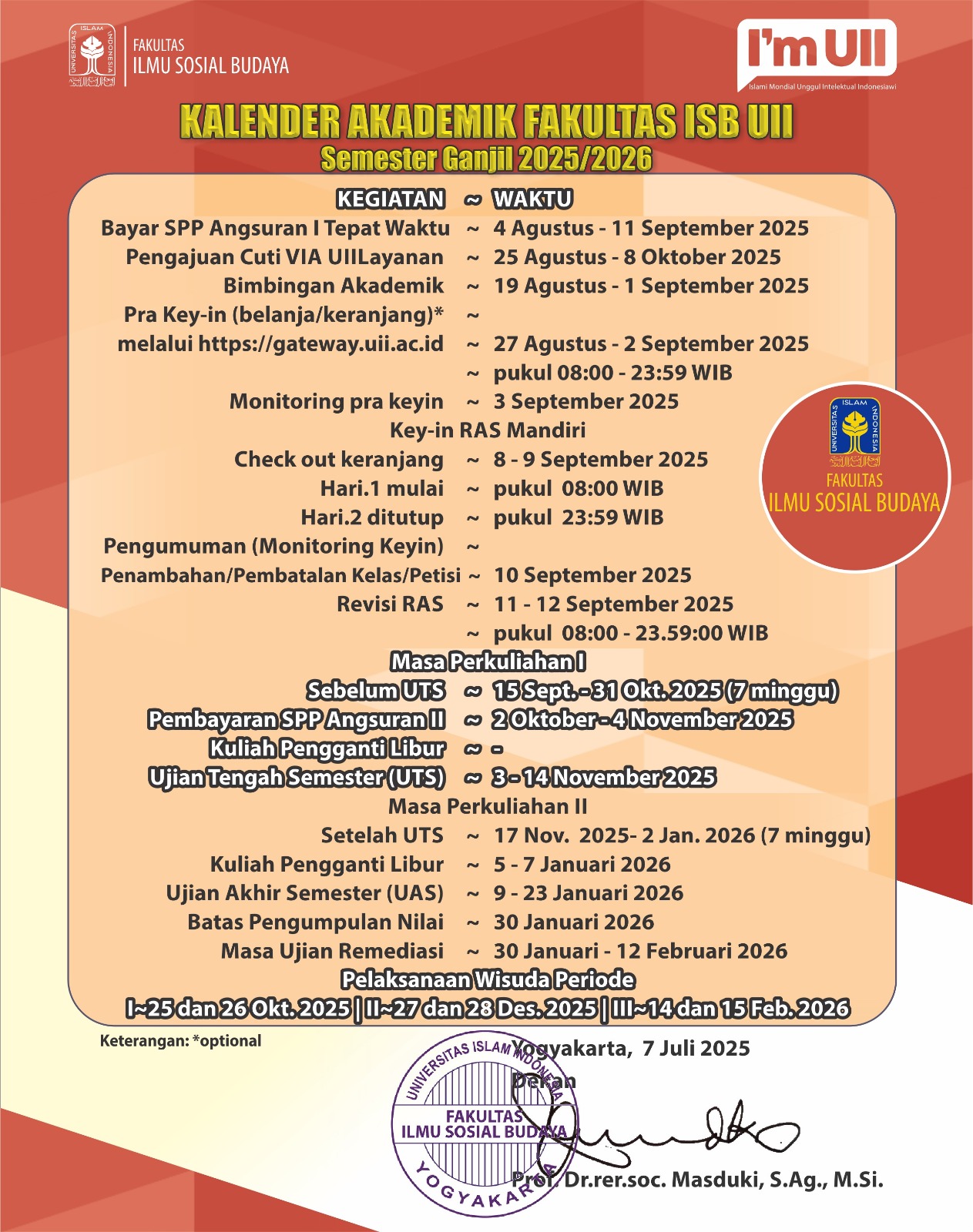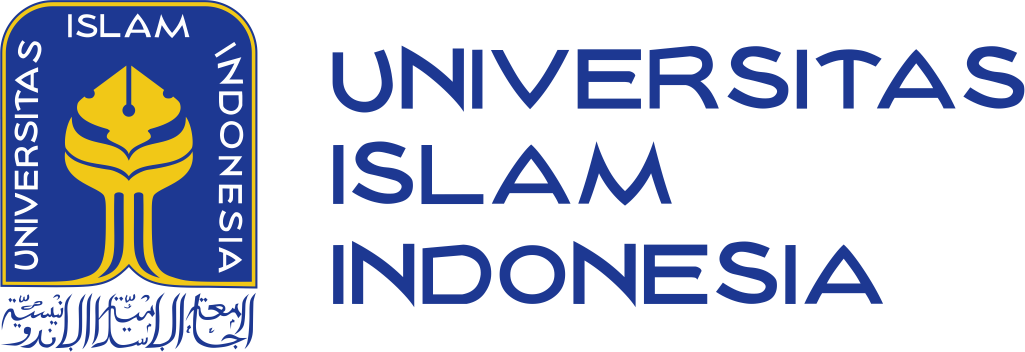Bosphorus Bridge as a Symbol of Global Diplomacy : Case study Seminar of Asia Anew Initiative Roadmap for Turkey-Indonesia Relations
Written by Ichi Nuryana Saputri
Completed in 1973, the Bosphorus Bridge stands as a confirmation to Turkey’s key position at the intersection of Europe and Asia. Traversing 1,560 meters over the Bosphorus Strait, the bridge encourages not as it were transportation but too social and financial trade between landmasses. At one conclusion, a sign invites guests to Europe; at the other conclusion, another sign invites them to Asia, symbolizing the bridge’s part as an interface between societies and economies.
In international relations (IR), such structures are more than mere infrastructure; they represent soft power—the ability to influence others through attraction rather than coercion. The Bosphorus Bridge exemplifies how physical connections can foster diplomatic ties and enhance mutual understanding among nations.

Picture 1. The 1,560-meter Bosphorus Bridge connects Ortaköy in Europe to Beylerbeyi in Asia, easing transportation for locals and visitors.
The significance of the Bosphorus Bridge extends beyond its physical structure; it embodies the potential for cultural exchange and economic cooperation between Turkey and Indonesia. Both nations share rich histories influenced by trade routes that once traversed these regions. By leveraging this historical connection, they can enhance tourism, trade partnerships, and educational exchanges. For instance, joint cultural events celebrating Turkish and Indonesian heritage can be organized on both sides of the bridge, promoting mutual understanding and respect. Such initiatives align with IR concepts like constructivism, which emphasizes the role of social constructs—like culture—in shaping international relations.

Picture 2. The seminar at Ankara University of Social Sciences (ASBU), titled “Asia Anew Initiative: Roadmap for Turkey-Indonesia Relations,” focused on strengthening bilateral ties.
The seminar “Asia Anew Initiative: Roadmap for Türkiye-Indonesia Relations” provided in-depth insights into the potential for cooperation between two countries located on two different continents. By leveraging the symbolism of the Bosporus Bridge as a link between Asia and Europe, Türkiye and Indonesia can strengthen their diplomatic relations through a mutually beneficial strategic initiative. This initiative is not only relevant to both countries but also makes a significant contribution to the study of international relations by highlighting the importance of connectivity and cooperation in facing global challenges in the modern era.
The Seminar of Asia Anew Initiative may be a vital move by Turkey to fortify its impact within the Asian region. The activity points to make opportunities for mutually useful cooperation in different sectors, counting the economy, defense, and green innovation. With a center on building closer ties with Asian nations, Turkey looks for to grow its political reach. The seminar provided a platform for academics and diplomats to explore how the initiative can be connected within the setting of relations between Turkey and Indonesia. The discourses emphasized the significance of collaboration in tending to worldwide challenges such as climate change and territorial security.
The relationship between Turkey and Indonesia has developed quickly after a long time. The two nations have a long history of interaction affected by exchange and social trades. The class highlighted the significance of reinforcing discretionary relations through open exchange and viable participation. The speakers moreover emphasized the important role of people in building bridges between the two countries. Through programs such as the Global Mobility Initiative to Turkey, understudies and experts from Indonesia have the opportunity to memorize and associate straightforwardly with the Turkish individuals, subsequently upgrading intercultural understanding.
The Bosphorus Bridge is more than fair an engineering marvel; it may be a powerful symbol of diplomacy that typifies Turkey’s desires inside the global landscape. As Turkey reinforces its ties with Indonesia through initiatives like Asia Anew, the bridge serves as an update of the importance of connectivity—both physical and diplomatic. In outline, the Bosphorus Bridge stands as a guide of trust for enhanced cooperation between Turkey and Indonesia. By grasping their shared histories and social ties while tending to modern challenges, both nations can clear the way for a future checked by mutual respect and collaboration in international relations.
References
Burak Uneveren. (2024, April 25). Kenapa NATO Masih Membutuhkan Turki? – DW – 25.04.2024. DW. Retrieved September 4, 2024, from https://www.dw.com/id/kenapa-nato-masih-membutuhkan-turki/a-68907811
Fatih Gazi. (2023, February 22). Keistimewaan Negara Turki: Sejarah, Kebudayaan, dan Pariwisata. Fatih Gazi. Retrieved September 4, 2024, from https://fatihgazi.id/keistimewaan-negara-turki-sejarah-kebudayaan-dan-pariwisata/
INSIGHT TURKEY. (2023, October 4). Turkish Foreign Policy at the Turn of the ‘Century of Türkiye’: Challenges, Vision, Objectives, and Transformation. Insight Turkey. Retrieved September 4, 2024, from https://www.insightturkey.com/commentaries/turkish-foreign-at-the-turn-of-the-century-of-turkiye-challenges-vision-objectives-and-transformation
Kurnia Yustiana. (2018, February 5). Jembatan Antara Benua Asia dan Eropa yang Megah. detikTravel. Retrieved September 4, 2024, from https://travel.detik.com/international-destination/d-3851657/jembatan-antara-benua-asia-dan-eropa-yang-megah
Malcolm Edward Yapp, & John C. Dewdney. (n.d.). Turkey – Culture, Cuisine, Religion. Britannica. Retrieved September 4, 2024, from https://www.britannica.com/place/Turkey/Cultural-life
Pizaro Gozali Idrus. (2021, March 22). Turki melesat jadi kekuatan baru di NATO. Anadolu Ajansı. Retrieved September 4, 2024, from https://www.aa.com.tr/id/berita-analisis/turki-melesat-jadi-kekuatan-baru-di-nato/2184019
Republik of Turkiye Ministry of Foreign Affairs. (n.d.). NATIONAL FOREIGN POLICY IN THE “CENTURY OF TÜRKİYE”. Republic of Türkiye Ministry of Foreign Affairs. Retrieved September 4, 2024, from https://www.mfa.gov.tr/synopsis-of-the-turkish-foreign-policy.en.mfa






